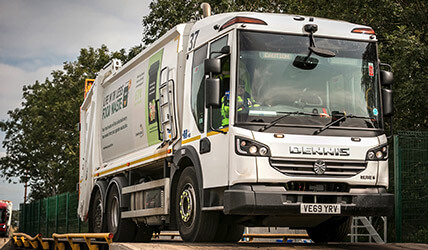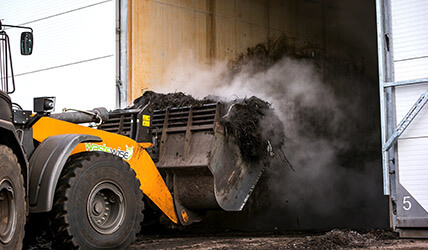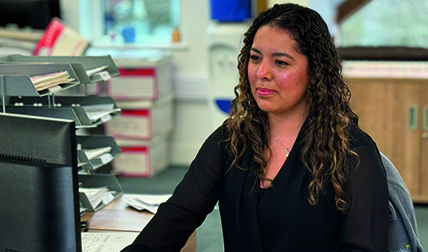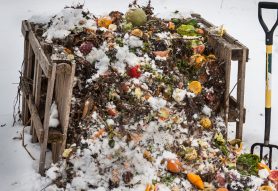What Should I Put in My Compost Bin? A Guide to Successful Composting
| BY Ingrid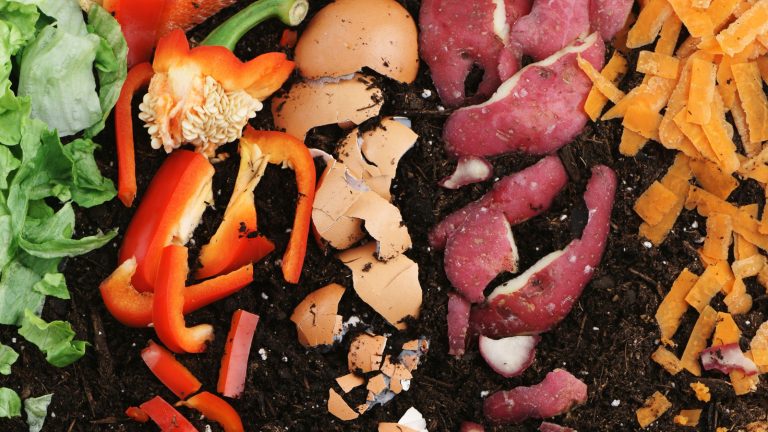
Wondering what to put in your compost bin to achieve optimal results? Look no further! Composting is an eco-friendly practice that transforms organic waste into nutrient-rich soil amendments, perfect for enriching your garden and reducing waste. In this guide, we'll delve into the ins and outs of composting, helping you understand what materials to add to your compost bin . Let's explore the key ingredients for a thriving compost pile!
Understanding the Basics of Composting
Before diving into what to put in your compost bin, let's cover the basics of composting. Composting is a natural process where organic materials, such as kitchen scraps and garden waste, decompose over time, creating a nutrient-rich substance known as compost. This compost is packed with essential nutrients and beneficial microorganisms, making it an invaluable addition to garden soil.
Key Ingredients for Your Compost Bin
Now, let's discuss what materials to add to your compost bin to ensure a healthy and productive compost pile:
Green Materials:
Green materials are rich in nitrogen and provide essential nutrients for composting. Examples include:
- Fruit and vegetable scraps
- Coffee grounds
- Grass clippings
- Green leaves
- Plant-based kitchen waste
Brown Materials:
Brown materials are high in carbon and help balance the compost pile. They provide structure and aid in the decomposition process. Examples include:
- Dried leaves
- Straw or hay
- Shredded cardboard or paper
- Wood chips or sawdust
- Dry plant matter (e.g., dead flowers, weeds)
Other Compostable Items
In addition to green and brown materials, you can add other compostable items to your compost bin, such as:
- Eggshells
- Tea bags
- Nut shells
- Paper towels and napkins (unbleached)
- Garden waste (e.g., branches, twigs, and small pruning’s)
While commercial composting facilities, such as the operation at Wastewise, have the capacity to accept a wider range of items for composting, it's essential to exercise caution when creating a compost bin at home. To maintain a healthy composting environment and prevent potential issues, it's advisable to refrain from adding meat, dairy, oily foods, and pet waste to your compost bin. These items have the tendency to attract pests and generate unpleasant odours, which can disrupt the composting process and detract from its effectiveness.
Maintaining Your Compost Bin
To ensure a successful composting process, it's essential to maintain your compost bin properly. Here are some tips:
- Turn the compost pile regularly to aerate it and speed up decomposition.
- Keep the compost pile moist but not waterlogged.
- Monitor the temperature of the compost pile to ensure optimal conditions for decomposition.
- Add a layer of brown materials to cover kitchen scraps to help control odours and pests.
In Conclusion
By following these guidelines and knowing what to put in your compost bin, you can create nutrient-rich compost to enhance your garden soil and reduce waste. Composting is a simple yet rewarding practice that benefits both the environment and your garden. Start composting today and reap the rewards of healthy, vibrant soil for your plants!


